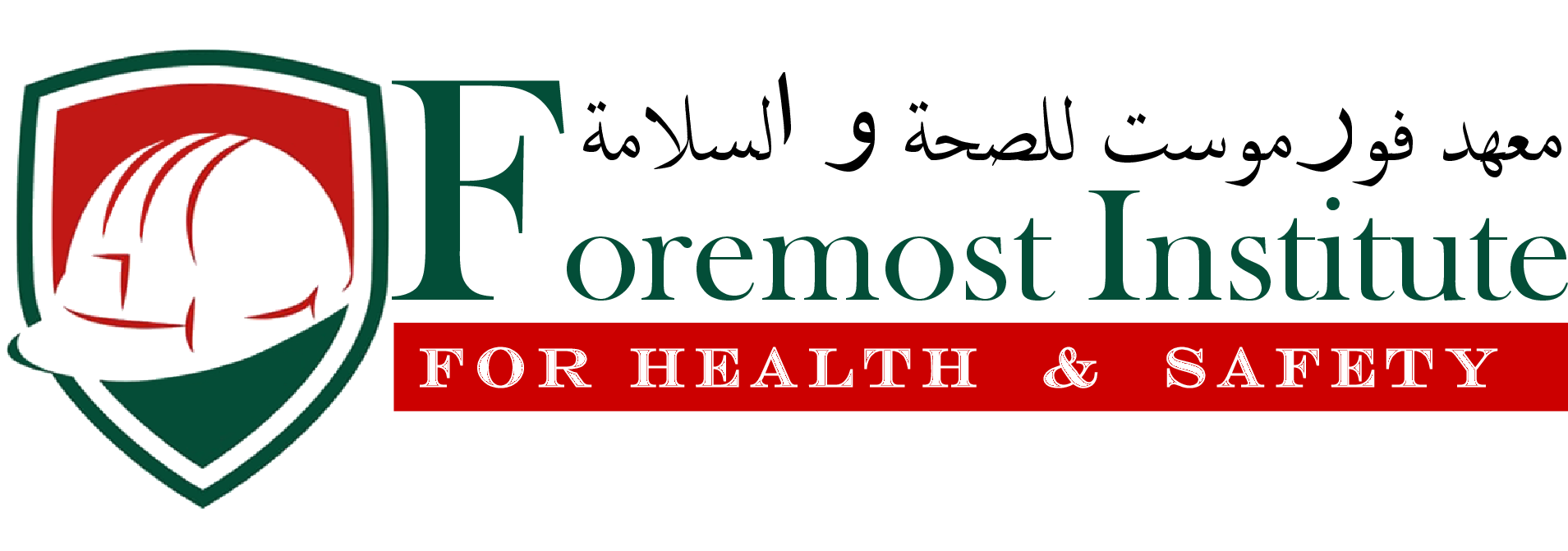
Food Safety Topics Covered in Certification Courses:
- Proper Handwashing
- Personal Hygiene
- Preventing Cross-Contamination
- Temperature Control
In the end, the most important thing is that you get your food handling certificate from an accredited body such as Highfield Awarding Body of Comliance, U.K. where FIHS recognized in Abu Dhabi, UAE.
Food Handler Certificate Introduction:
A food handling certificate, also known as food handler card or permit i the document issued to individuals who have completed a food safety training program and have demonstrated their knowledge & understanding of safe food handling practices. This certificate are typically needed for individuals who work in the food industry, including restaurants, café’s, catering & restaurant companies, food trucks and other related food businesses in the UAE. The specific requirements for obtaining a food handler certificate can vary by jurisdiction. Such as BFHT for Emirate of Dubai, EFST for Emirate of Abu Dhabi, Ajman Food Safety Training in Ajman. etc.
What Is a Food Handling Certificate?
We all want the food we eat to be safe and properly handled. That’s why food handling certificates are so important for anyone working with food. These certificates show that employees have learned critical food safety practices to help reduce the risk of foodborne illness.
To get a food handling certificate, individuals complete a training program to learn key principles like proper hand washing, ensuring food reaches the proper internal temperature, preventing cross-contamination, and correct cleaning and sanitation procedures. ###Proper Food Handling Techniques
Knowing the right techniques for handling food safely is key. This includes things like:
- Washing your hands thoroughly before handling food and at appropriate times during food preparation
- Cooking foods like meat, poultry, and eggs to the proper internal temperature to kill harmful bacteria
- Preventing cross-contamination by properly separating raw and cooked foods and sanitizing surfaces ⚫ Cleaning and sanitizing equipment and utensils effectively
Benefits for Businesses and Employees:
Requiring and providing food handling certificates has benefits for both businesses and employees. For businesses, it helps reduce the risks associated with improper food handling like foodborne illness outbreaks, legal issues, and damage to reputation. For employees, it leads to improved food safety knowledge and skills that help ensure high quality and consistency.
Food handling certificates aim to safeguard public health through education and the promotion of safe food practices. By understanding proper food handling techniques and safety principles, food service employees can help reduce foodborne illness risks and provide a good experience for customers. Overall, food handling
certificates benefit businesses, employees, customers and the community.
Why Food Handlers Need Certification
- Stop foodborne illnesses impact millions annually, and certification demonstrates our commitment to our customers’ well-being.
- It’s required by law in many places. Counties and states enforce regulations to ensure food is prepared safely. Certification proves we understand and follow recommended procedures.
- Certification also reduces the risk of food contamination. We learn critical things like proper handwashing, surface sanitation, and time/temperature control.
- The training teaches us the science behind food safety so we understand why rules exist. We gain practical experience through interactive examples and scenarios.
- Finally, certification instills confidence in our customers and employers.
- Customers feel more at ease, and businesses know they’re working with qualified individuals.
- Continuous training and education help ensure we provide the safest, most positive experience for all.
Conclusion: As food handlers, we all share the responsibility of keeping food safe. Ongoing education and recertification play a vital role in fulfilling this responsibility. By staying informed about the latest food safety practices, you can continue providing delicious and safe meals to those you serve. Remember, food handling certification is not just a requirement; it is a commitment to the health of your customers and the success of your business. In conclusion, food handling certificates hold immense value in the food industry.
FIHS will be soon associated with QCC for delivering the food safety training and certification to individuals, know More.
